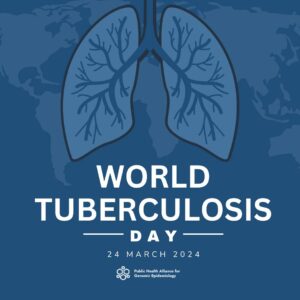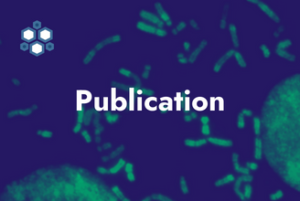With the funding from the Bill and Melinda Gates Foundation, PHA4GE issued sub-grants this year for the implementation of standardized bioinformatics practices, pipelines, and data structures in either anti-microbial resistance (AMR) or SARS-CoV-2 sequencing within national public health laboratories.
Prof. Lyre Murao’s Group, from the Philippines Genome Center Mindanao (PGCM), recently completed their project successfully. PHA4GE chats to Dr Ritchie Mae Gamot on how the team undertook their SARS-CoV-2 project.
In the simplest way possible, how would you explain what your research/project is about?
Briefly, our project is about the implementation of standardized bioinformatics practices, pipelines, and data structures in SARS-CoV-2 sequencing within Philippine Genome Center Mindanao (PGC Mindanao).
For the implementation of this project, PGC Mindanao has collaborated with BugSeq, a bioinformatics-related company that developed a streamlined pipeline for processing SARS-CoV-2 sequencing data to primarily automate the generation of consensus viral sequences, variant calling, viral lineage assignments, and sequencing reports. PGC Mindanao has used the BugSeq workflow on previously generated viral sequence data. It has also compared its results with those originally generated using the existing PGC Mindanao workflow on the same data for verification purposes
Moreover, the Public Health Alliance for Genomic Epidemiology (PHA4GE), has developed a contextual data specification package, which PGC Mindanao has used to facilitate storage and submission of contextual data associated with the sequencing data to databases. BugSeq has also assisted PGC Mindanao in the submission process of such sequences and supporting data. These project activities have enabled standardized processing, storage, and sharing of bioinformatics data within the centre.
In addition, the project sub-grant from PHA4GE has enabled provisions for further developing computing infrastructure within PGC Mindanao, such as structured LAN cabling for connectivity of the sequencers and workstations to the internet and procurement of additional storage and memory devices, in aid of bioinformatics analysis in the centre. PGC Mindanao will also document and publish the project’s activities on the Protocols.io online platform.
What has been your biggest challenge during this project so far? How did you overcome it? How are you navigating through it?
The biggest challenge during this project was the underdeveloped computing infrastructure within PGC Mindanao, such as the internet connectivity and the lack of storage devices. As a result, deliverables within the project, as well as the other activities of the centre such as the national biosurveillance program, encountered delays. However, these challenges were overcome – thanks to the PHA4GE sub-grant provisions that enabled structured LAN cabling and procurement of additional storage devices.
What are your team’s upcoming goals? Where to after this?
Applying the learnings and developments from this project, the PGC Mindanao aims to further improve its bioinformatics capacity and be involved in various bioinformatics-related initiatives. The developments resulting from this project will also enable the centre to improve its handling of future sequencing projects, not only of SARS-CoV-2 sequencing but of other emerging disease pathogens and other organisms as well.
Zenande Mgijima, PHA4GE



